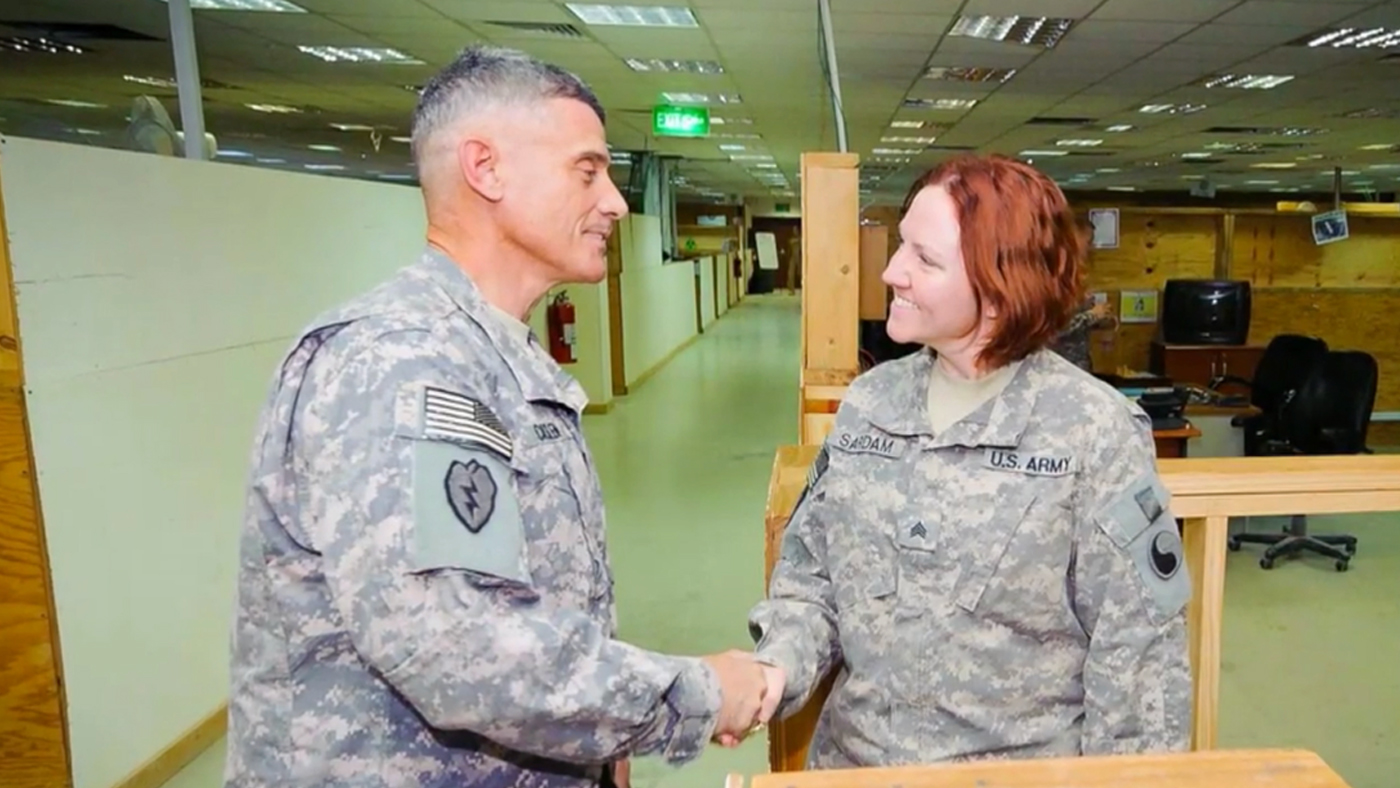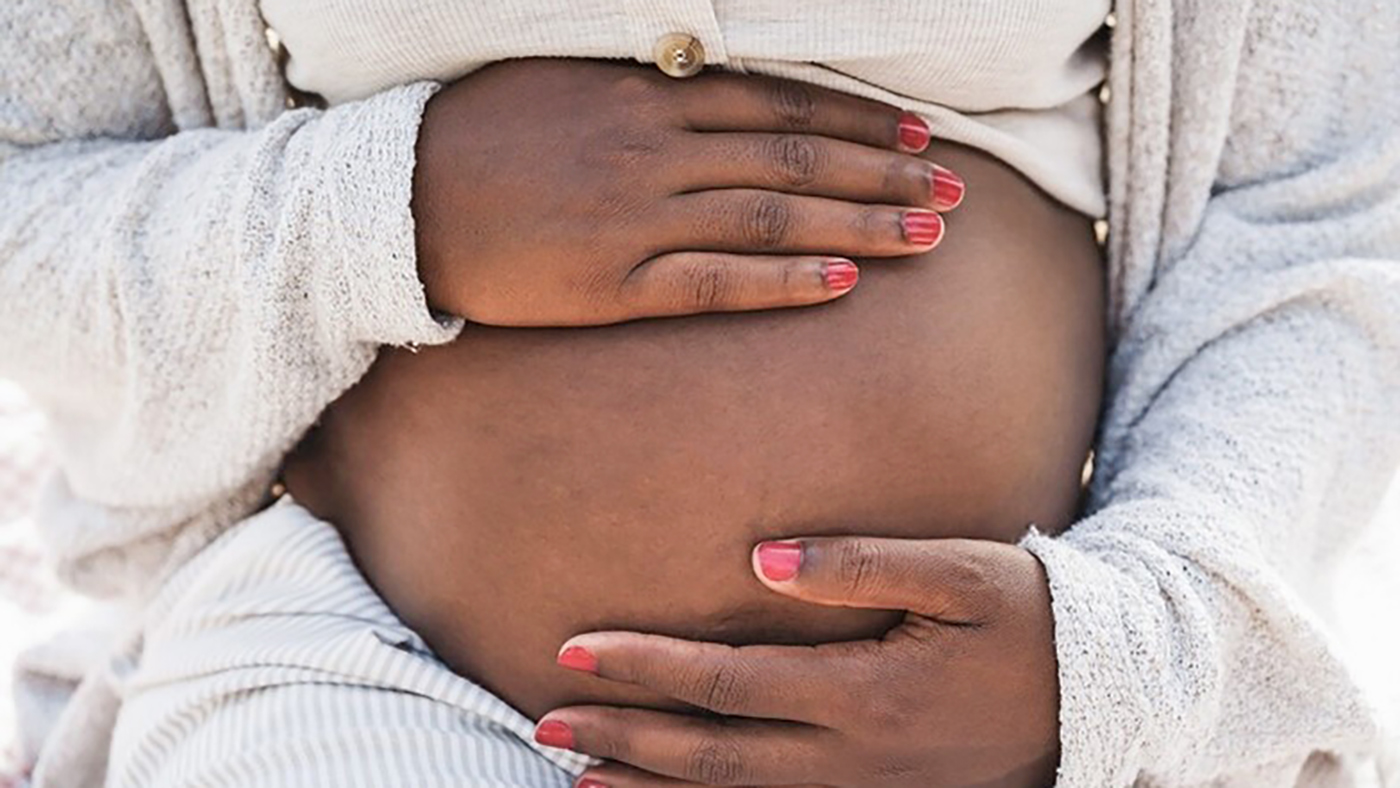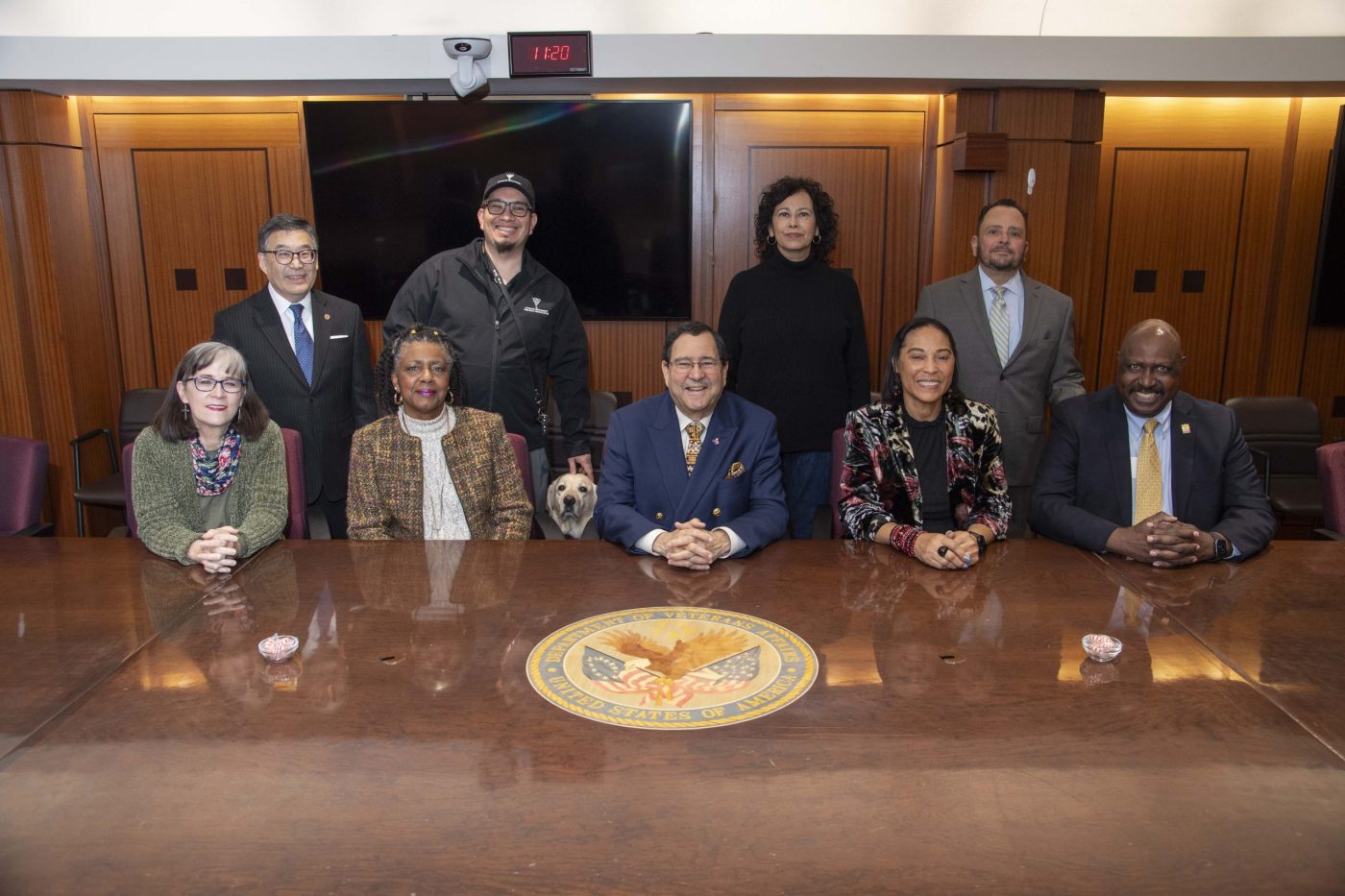Ramadan is upon us, which is the ninth month of the Islamic calendar. It celebrates the revelation of the Quran from Angel Gabriel to Prophet Muhammad, peace be upon him (P.B.U.H.). Therefore, in its observance, we fast for 30 days from Imsak (first prayer) to sunset. Like Judaism, Islam follows the Lunar calendar, so the holy month changes from year to year when compared to the Gregorian calendar. We close out the month with the celebration of Eid-ul-Fitr. It is a time where families celebrate and break bread together, remain steadfast in prayer, give tithes, and try to improve themselves. It also takes me back to my first Ramadan without my family.
On Sept. 11, 2001, I was in my senior year of high school sitting in my computer science class when I heard my principal announce over the intercom, “Teachers please turn your TVs on.” Every channel was showing the same thing, a plane flying into the north tower of the World Trade Center. A few minutes later, the south tower of the World Trade Center was hit.
Al Qaeda had claimed responsibility for the attack. I didn’t come from a legacy of military Veterans, so my decision to join came from considering what my true intentions were. After weeks of deliberating and understanding my situation, I decided that people needed to know that it wasn’t just America under attack: My faith was hijacked and under attack, too.
“This isn’t what Muslims believe, this doesn’t represent us,” I said to myself. A month later, at 17, I enlisted in the United States Army.
At basic training and advanced individual training in Fort Leonard Wood, Missouri, I had tremendous support from my drill sergeants and my chain of command to attend my religious services on Fridays. There was no Imam (Islamic leadership position) on base so a different person from the congregation would lead prayer at each service. It was here that I was first exposed to different Muslims from around the world, including those from Pakistan, Iran, Saudi Arabia, Bangladesh, Turkey, Egypt, Indonesia, Lebanon and Morocco.
On March 19, 2003, in my Class A uniform while walking off the field to congratulate fellow graduates, I heard a stern voice behind me: “Private Awan!” I completed an about face, finding my drill sergeant extending me orders to report to Fort Hood (now Fort Cavazos), Texas. “Your graduation present is that President Bush has declared war on Iraq today. You will be deployed for combat,” he said.
The little hairs on the back of my neck stood up. The threat of war had loomed over our heads each day in training, but when it became reality, I wasn’t sure how to react. Later, at lunch with my family, I told them that I wouldn’t be returning home with them. After lunch, they walked me to my bus, we hugged, I grabbed my duffle bag, and I boarded for the next chapter in my life.
The unit I was assigned to had been activated for deployment. In bootcamp, I had spent over six months training with same faces I saw each night before lights out. Now I was now assigned to a unit where no one knew me. Again, I found that I had the support of my leadership to conduct my prayers and fast for the entire month of Ramadan. Thankfully, my squad leader—Chris Jones, who is also a VA employee—took care of me in Iraq, and I am forever thankful to him for it.
In 2003, Ramadan fell on October. It was still so hot in October during those 13-hour days fasting that my brown t-shirt turned white from sweat, stiffening like a cast when it dried. The hunger never really got to me, but I was parched. That year, away from my family, I told myself that, if I can fast under these conditions in full battle rattle, I can fast anywhere.
Taking the good with the bad
Islam isn’t new to America. Articles published by Harvard University and the Public Broadcasting Station explain how Muslims helped Christopher Columbus navigate to America. Many historians believe that Muslims were here as early as the 12th century.
But after 9/11, I lost friends in high school. I began getting strange looks in public. My family was well known in the community because we owned convenience stores. When out with my family, my mother would be wearing her traditional clothing. It may not seem like a big deal in NY or D.C., but to people in North Carolina, her clothing wasn’t something they saw every day. It only became problematic after 9/11.
We are judged based on our appearances. If I look like a Muslim, then to you I represent what you think Islam is. We all represent something. Without any intention of representing a group, others see us individually as the representative of what we look like—a Muslim, a Jew, an African American, a Latino/a/x, a southerner, a Yankee… the list goes on.
Representation should be an active choice. Yet, at times, we as individuals are unwillingly “seen” as speaking for an entire perceived identity group. Our ethnocentric views lead to stereotypes by grouping or classifying entire races of people into these singular boxes. These thought processes lead us to fear and phobia, like islamophobia.
Islamophobia is an “irrational fear of, aversion to, or discrimination against Islam…” according to Meriam-Webster. We all have fears, but it seems very few of us take the time to overcome those fears. Fear can be overcome, especially if we educate ourselves or read or engage with those we perceive differently than us.
As a Veteran, a Muslim and a VA employee, I have learned to take the good with the bad. I have learned to defend my constitution and do right by our Veterans. My experience with VA leadership as a Muslim employee has been nothing short of amazing. I appreciate them respecting my prayer times, offering their offices to me, and most importantly, engaging with me and asking questions.
Salaam and Happy Ramadan to all who observe! Happy Good Friday to those preparing for Easter, and Shabbat shalom to my Jewish brothers and sisters who will soon be celebrating Passover.
Topics in this story
More Stories
April is Autism Acceptance Month and employee and Army Veteran Jennifer Sardam shares her experiences with autism.
VA is committed to providing safe, accessible care that meets the unique challenges faced by black mothers.
For the first time in nearly three years (due to the global COVID-19 pandemic), the Advisory Committee on Minority Veterans (ACMV) was able to meet in person.

![Field[7] Army Veteran and VA employee Umar Awan writes about his experiences at war in Iraq and fasting during Ramadan.](https://news.va.gov/wp-content/uploads/sites/3/2024/03/Field7-scaled.jpg?w=1400)





Umar, we have friends for some time and I am humbled by your experience. This article was nothing less than remarkable. Thank you for sharing your perspective, insightful voice with us all and most of all your service to our Nation.
Thank You for the thoughtful and insightful presentation.
A well written article… So true, how we all have our “fears” of people who are different. Engaging with them is the best way to overcome that fear. We find we have similarities, not just differences.
Thank you for sharing your story and sharing the truth that “Fear can be overcome, especially if we educate ourselves or read or engage with those we perceive differently than us”. Happy Ramadan!
Ramadan Mubarak Brother Awan and May Allah accept our fasts. Amin.
Thank you for your service
Well-written and thought-provoking story, Mr. Awan and the VA. I hope many people who have islamaphobic tendencies read this story and moderate their points of view.
Mr. Awan, what an awesome life story! Thank you for being an American First! The hatred you experienced were small minded folks. As a Christian, I respect Islam. I don’t paint everyone with a broad brush. In fact, if that was the case, would we rationally fear Irish people due to the terrorist bombings in the 70’s and 80’s? No. It seems to me, every following has their heretics, doubters, imposters, and evil hearts, but yet profess their love for the Almighty. I have been to Dammam, Saudi Arabia, Abu Dhabi and Dubai, UAE, Bahrain, and Jarkarta, Indonesia in the US Navy. The people were nice hard working people. What we Americans need to remember is not to be the “Ugly American” and respect their culture, beliefs, and traditions. We had a protocol officer that gave us pamphlets on what to do and not do during Ramadan when we were in port. We were taught to respect other cultures that way and it opened a lot of eyes. God Bless You for your inspiration in remembering that nobody has a monopoly on God.
Thank you for sharing your story and Ramadan mubarak Umar Awan. Thank you for your service!
@Umar Awan- thank you for sharing your story! Very powerful and inspiring!!
Thank you Umar Awan!
Thank you for sharing your story.
Thank you for your service to our country.
Thank you for continuing to serve Veterans.
Thank you for helping VA fulfil our commitment to provide world-class care and benefits to ALL Veterans, their families, caregivers and survivors – regardless of who they are, what they look like, who they love, where they are from or how they identify.
Thank you for being your true authentic self every day.